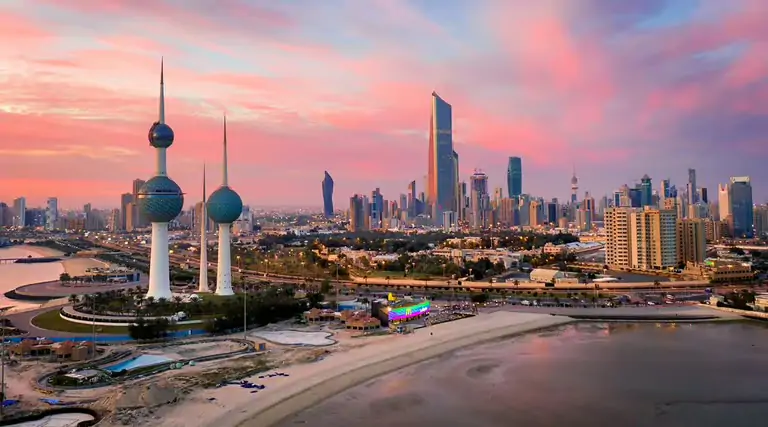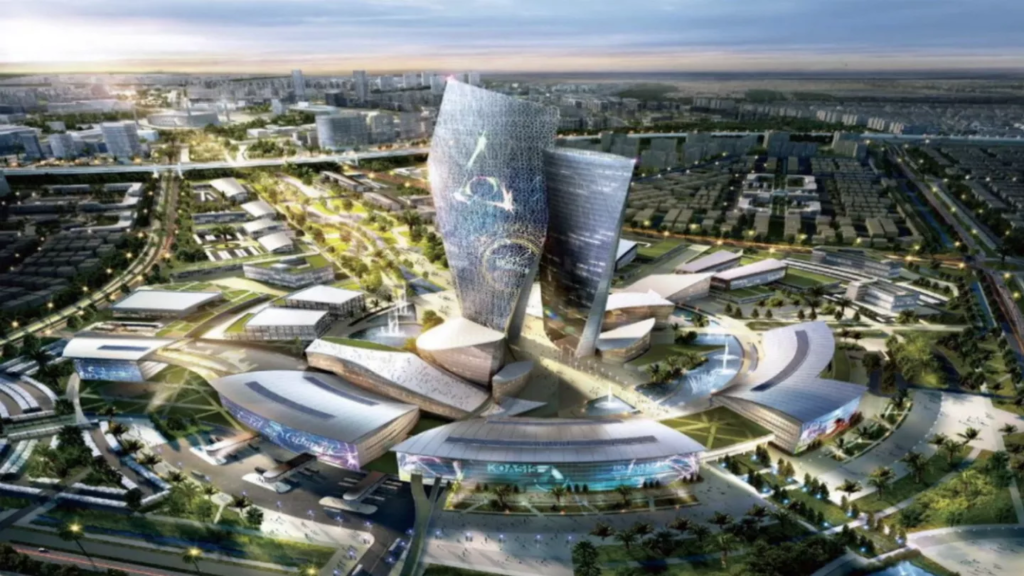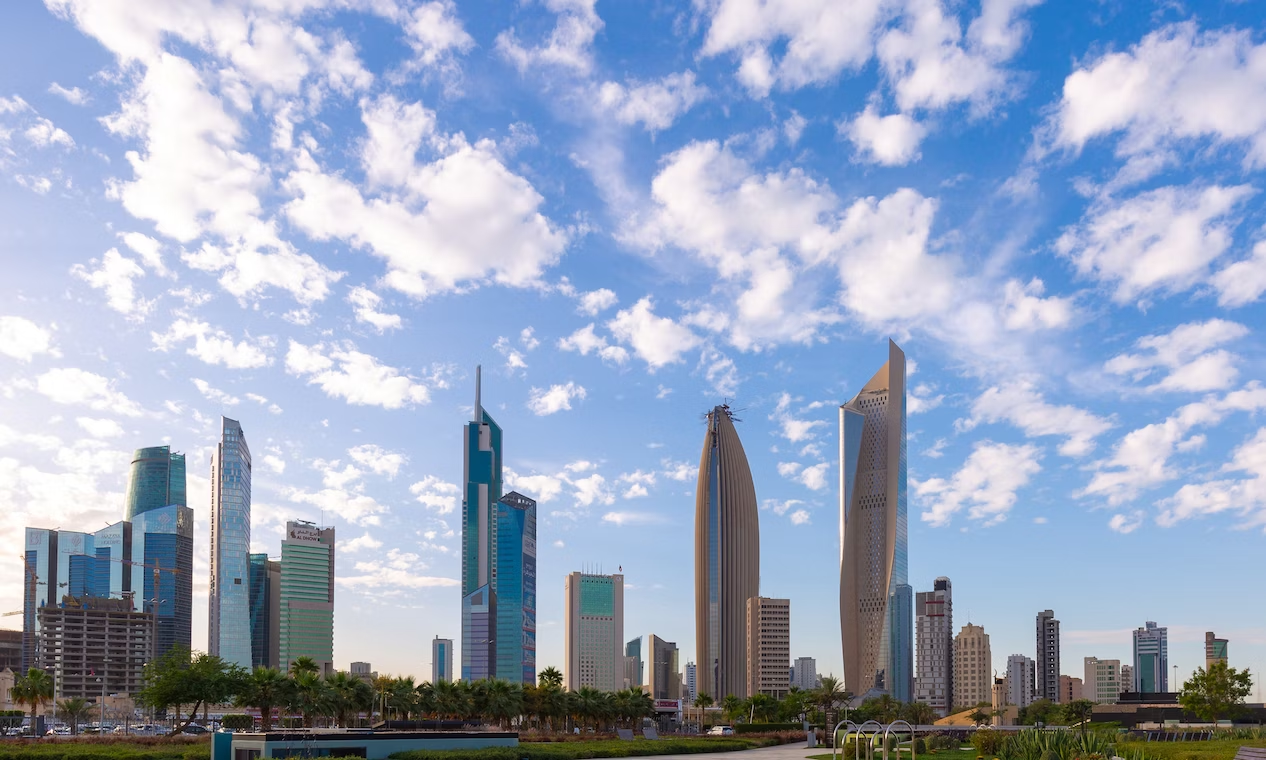Kuwait is embracing a vibrant smart city transformation aimed at reshaping daily life, boosting economic growth, and fostering sustainable urban spaces. These initiatives combine cutting edge technology with human centred design, bridging modern innovation and Kuwait’s rich cultural heritage. From seamless public services to efficient transport networks and green spaces, each project is carefully planned with the people of Kuwait in mind.
Revolutionizing Public Services with Smart Technology
Imagine a city where public services anticipate your needs rather than simply react to them. Kuwait is implementing digital platforms that enable seamless access to government services such as registering a new address, paying utility bills, applying for permits all via intuitive smartphone apps or web portals. These systems reduce long queues and paperwork, giving citizens and residents more time and fewer frustrations, while boosting transparency and trust in public institutions.
In addition, real time data analytics allow authorities to proactively allocate resources, whether it’s deploying cleaning crews in busy neighbourhoods or managing electricity consumption peaks. These innovations humanise the public sector, making every transaction smoother and every resident feel more understood and valued.
Smarter Mobility and Transportation Systems
Kuwait is upgrading its infrastructure with smart mobility solutions that cut congestion and make daily commuting easier. Intelligent traffic lights adapt to real time flow, reducing wait times and optimizing travel patterns. Connected sensors and cameras monitor road usage, enabling predictive maintenance and accident prevention.
Mass transit is also evolving: electric buses with centralised scheduling systems provide cleaner, more efficient rides. Integrated ride hailing apps and mobility hubs offer seamless connectivity, meaning you can hop from metro to bus or car share in minutes using one unified platform. The result is a smoother, greener, and more enjoyable urban experience for everyone.
Energy Efficiency and Green Urban Design
At the heart of Kuwait’s smart city planning is the vision of sustainable growth. Solar panels, smart lighting systems, and energy efficient building standards are being woven into new developments. Streetlights equipped with motion sensors dim when there’s no activity, reducing electricity demand without compromising safety. Smart meters in homes and commercial buildings empower users to monitor and control energy use in real time.
Green spaces, vertical gardens, and shaded pedestrian walkways are thoughtfully integrated into neighbourhoods. These projects not only beautify the urban landscape but also help reduce heat island effects, improve air quality, and create inviting social spaces where communities can gather and connect.

Digital Infrastructure Powered by Next Gen Connectivity
Kuwait is investing heavily in robust digital infrastructure to support its smart city ambitions. High speed fibre optic networks are being rolled out across residential and commercial zones, while public Wi Fi hotspots ensure connectivity in parks, markets, and transit zones.
IoT (Internet of Things) platforms connect sensors across the city monitoring water quality, tracking waste collection, or managing smart parking. These devices feed data into centralised dashboards that enable city planners to spot inefficiencies and launch improvements in near real time. This level of connectivity ensures urban systems work harmoniously, and people feel the benefits in everyday life.
Enhancing Safety, Healthcare, and Emergency Response
As part of smart city initiatives, Kuwait is embedding technology into safety and healthcare services. Smart surveillance cameras and emergency response systems can detect incidents faster, enabling quicker intervention. Fire and ambulance services benefit from GIS based route planning, ensuring first res ponders reach the scene in optimal time.
In healthcare, telemedicine platforms allow doctors to consult patients remotely, reducing reliance on clinic visits. Health data dashboards enable predictive health monitoring and early intervention programs. These developments safeguard communities and elevate well being without compromising the human touch that builds trust.

Digital Inclusivity and Citizen Engagement
To truly humanise smart urban development, Kuwait is prioritising digital inclusive and meaningful citizen participation. Public consultations are held via digital platforms where residents can propose ideas, vote on projects, and track progress. Whether it’s a new park, an app feature, or transport design, community input shapes the city’s evolution.
Educational programs teach digital skills in schools and community centers, ensuring all generations can benefit from smart services. Special initiatives for elderly and undeserved populations include simplified interfaces, user training, and support centres. This approach fosters social equity and builds a more empowered, digitally confident population.
Economic Growth Through Innovation and Collaboration
Smart city infrastructure positions Kuwait as a regional innovation hub. Tech startups, research institutes, and international partners are collaborating on smart mobility, data management, and sustainable design. These partnerships not only create jobs and attract investment, but also spur homegrown talent and entrepreneurship.
Pilot zones such as smart business districts and innovation campuses act as living labs where new technologies are tested and refined. The success of these zones multiplies across the country, driving a virtuous cycle of economic vibrancy, technological leadership, and community benefit.
Future Outlook: A Human Centered Smart City for Kuwait
Kuwait’s smart city trajectory is more than technology, it’s a story of transformation rooted in people. Every project is designed to enrich daily life, strengthen community bonds, and honour cultural identity. As innovation advances, the focus remains on building inclusive, sustainable, and resilient urban environments where every resident feels seen, heard, and valued.
With smart public services, greener infrastructure, seamless mobility, and engaged citizens, Kuwait is forging a future urban fabric that’s efficient yet emphatic, modern yet familiar. Step by step, Smart City initiatives are weaving technology and humanity together, ushering in a new era where urban living is not just smarter but kinder.
Do follow Gulf Magazine on Instagram.
Also Read – The Role of Big Data in Advancing Oman’s Healthcare Services



